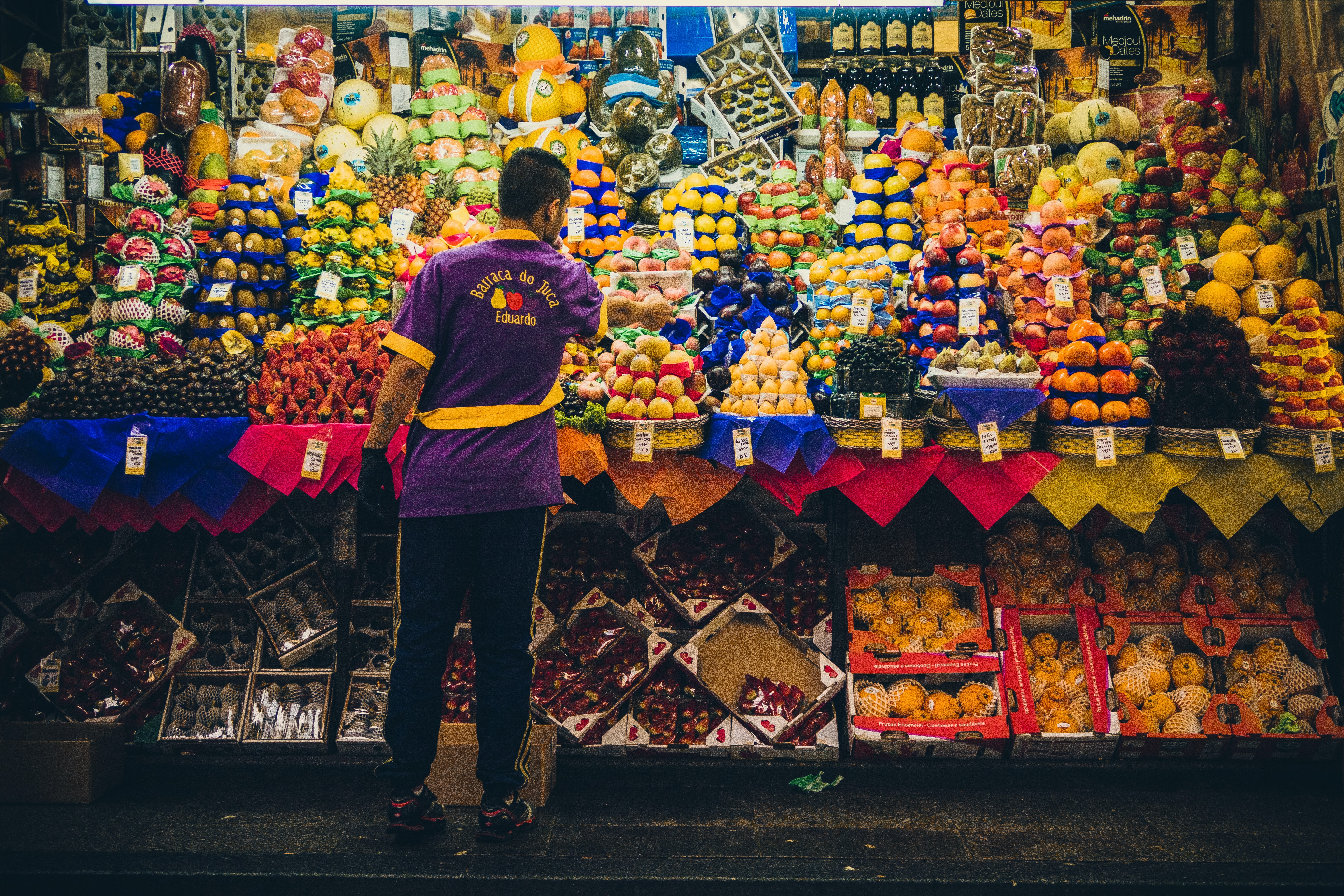Black Grills: Homage to the Asian Tradition of Blackened Teeth, Once a Mark of High Status
Courtesy of @sailorr Sailorr and Molly Santana’s black grills fuse hip-hop swagger ...

The number of vegans and vegetarians in Brazil, the world’s largest meat exporter, has nearly doubled in only six years, according to the New York Times. According to experts, health concerns, meat industry-caused deforestation, and a growing animal rights movement, including Mercy For Animals, are driving this remarkable shift away from animal flesh.
Plant-based protein sources are now sold alongside meat, chicken, and fish in mainstream supermarkets, and in the poshest parts of big cities, restaurants that pay as much attention to the ambience as they do to the cuisine serve up imaginative meatless dishes to a laid-back crowd.

This shift has transformed the large South American country from its reputation for all-you-can-eat steakhouses and cow ranches into a global leader in plant-based food innovation. Experts claim that health concerns are driving the shift away from animal-based protein. Obesity, diabetes, and cardiovascular disease have all increased in Brazil in recent years as people have become more sedentary and junk food has become more affordable and accessible. Secondary causes pushing Brazilians to limit or eliminate animal products from their diets include rising deforestation, much of which is fueled by the meat business, and an increasingly visible animal rights movement.
Tati Lund, who founded Org Bistro, one of Rio de Janeiro’s first vegan restaurants, over 10 years ago, says “We don’t put a plate of food on the table. We put a way of life.”
Lund wants to illustrate that a meat-free diet can be both nutritious and enjoyable, as well as economically feasible. Focusing on ingredients that are sustainable and integral to the Brazilian diet, she also promotes products from local producers and small farmers on her daily changing menu. Because Org Bistro is more than just a business to her. She sees it as a movement and a school aimed at educating Brazilians and persuading them to choose a meat-free, sustainable lifestyle. She now has the support of Brazilian celebrities including Xuxa Meneghel, a major daytime personality was previously married to Pelé and has been vocal about veganism on her social media accounts for the past two years. Anitta, a Brazilian musician, has also gone vegan, as has Gabriel Medina, a world champion surfer who has encouraged his eight million Instagram followers to do the same.
Since animal-based protein substitutes became widely available in supermarkets and restaurants in 2019, demand for Brazilian plant-based food start-ups has skyrocketed. With the current innovations out there, consumers won’t be able to tell the difference between a burger patty made with pea protein and one made from a cow, bringing into question the ethical, environmental, and health costs of the two options.
Courtesy of @sailorr Sailorr and Molly Santana’s black grills fuse hip-hop swagger ...
Pets, as cherished members of our families, deserve rights and protections that ...
These top 5 barber shops in Bangkok are where gentlemen can elevate ...
Wandering around the globe, try out the signature tastes of cultures across ...
Must-have gadgets for kids in the Y2K are, predictably, making a comeback ...
The feral lime-green feminine frequency that won't stop multiplying Somewhere last year ...
Wee use cookies to deliver your best experience on our website. By using our website, you consent to our cookies in accordance with our cookies policy and privacy policy